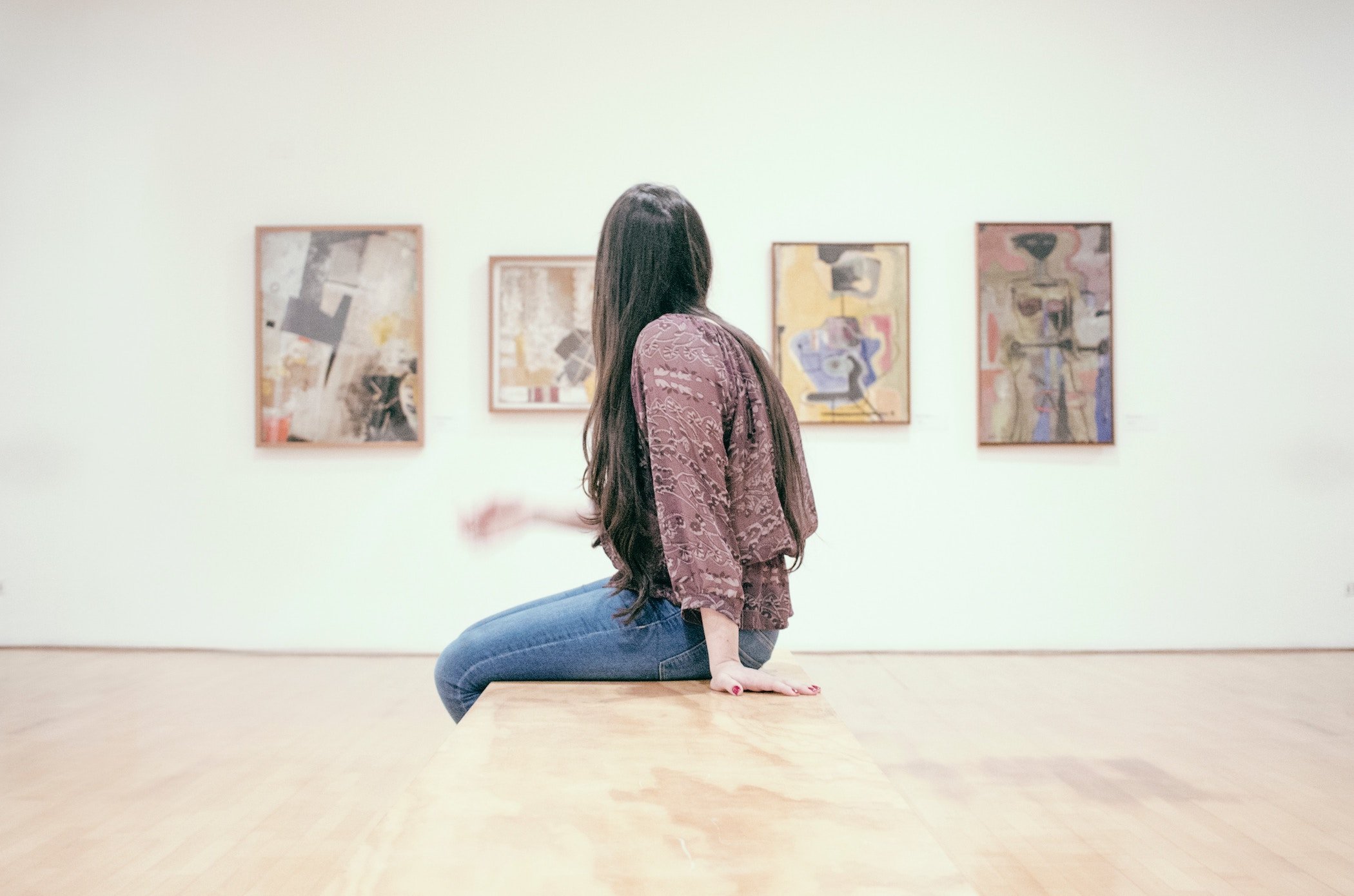Inspired Versus Infringing: A Look at "Idea Law"
There's always that question about the fine line between being inspired by something and infringing. This post gives you a quick reminder on what copyright infringement is and a brief little explanation on what's protectable under copyright law and what's not. By the end, you'll have a good understanding of "idea law" and how that relates to that line between inspired versus infringing.
A quick reminder on what copyright is
So first you've heard me talk about how copyright is a bundle of rights, right? It's your... copyright owner has the exclusive right to copy, sell, display, publish, all of these things, and each one of those things is like a twig in the bundle of rights of copyright.
A quick reminder on what copyright infringement is
Infringement is taking one of those things and doing it without the permission of the copyright owner. Notice I did not say "...and make money" or "...and make a profit." It is simply doing one of those things that constitutes copyright infringement.
What's NOT protectable under copyright law? Ideas.
I have an idea for an in-person event.
She has an idea for an e-book.
My podcast idea is awesome.
These ideas are great and valuable... once you flesh them out. Once you actually create these things and the details around them, they cross the line from idea into IP. But in their form as an idea, they're not quite protectable yet.
It helps to think about more traditional creative works when trying to explain this concept. Here are a few examples.
The TV show example
Think about a TV show. I have an idea for a TV show about doctors, and we'll focus on the drama between the doctors at the hospital and we'll throw in some crazy injuries or illnesses in the patients and weave that into the story. What TV show am I talking about? Who the heck knows! There are a hundred TV shows about doctors, right? Grey's Anatomy, ER, there are more that I probably don't even know about. So that pure idea is not original, it's not unique.
Now what is protectable? Well in those shows that I mentioned: the script, the actual audio-visual works, the trademark... Those things that have been fleshed out and expanded upon make those TV shows unique.
The work-of-art example
Another way to think about it is an idea for a painting. So, if you tell two artists to paint a picture of a girl eating an ice cream cone those artists could create two completely different looking pieces, right? Because two artist can have the same general idea and then express it very differently. That's probably the perfect example of how an idea is an idea alone, but the expression of the idea – the resulting artwork -- is what's protectable.
The Amy Porterfield vs. Jenna Kutcher example
Did you know that both Amy Porterfield and Jenna Kutcher have online courses on building your email list? Yup. Same general idea, different (protectable) execution. What's the general idea? A digital course on building your email list. What's the protectable, unique expression? The branding. The different worksheets. Definitely different video content. They each have their own take and own unique spin on the subject.
Determining when something is inspired by versus infringing
So think about this: Am I "INSPIRED BY" someone else's idea, or am I COPYING their unique expression?
When you find that you're inspired by someone else's work, ask yourself: is it the general idea that you're wanting to make your own, or would you be infringing that person's unique expression of that idea?
Remember that unique original expression, not the idea itself, is what's protectable under US copyright law.



